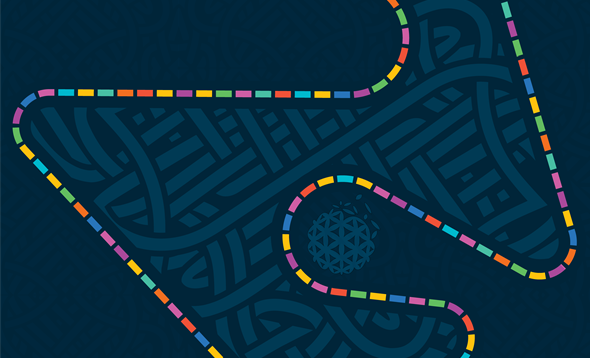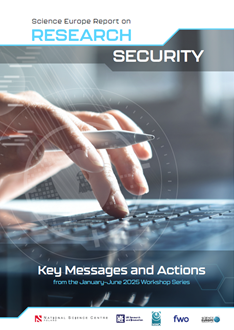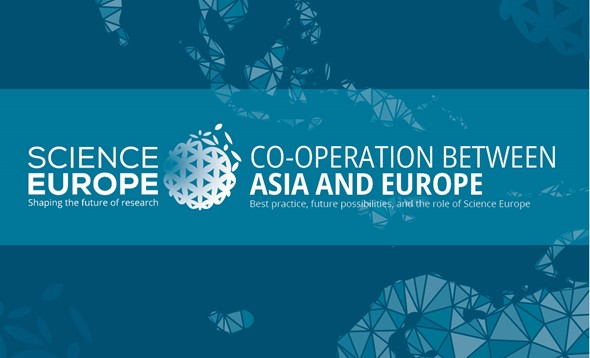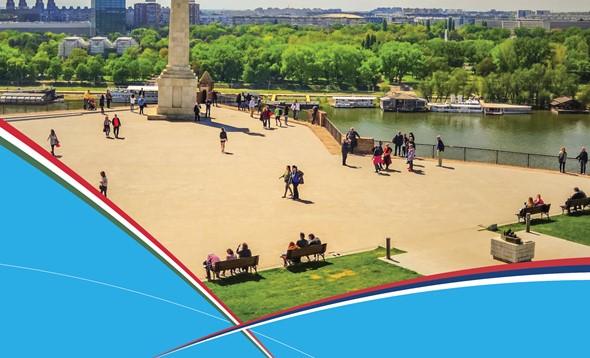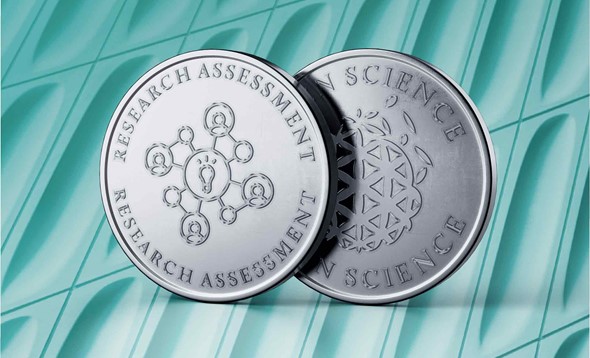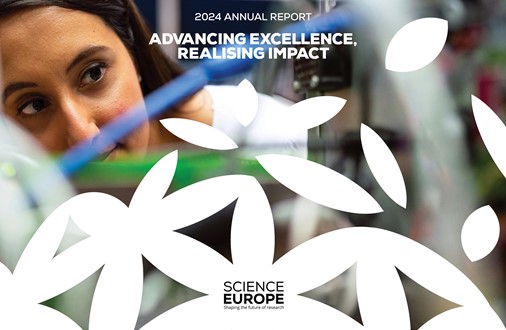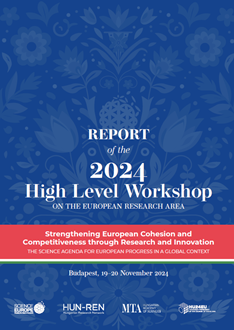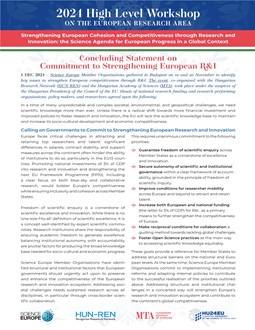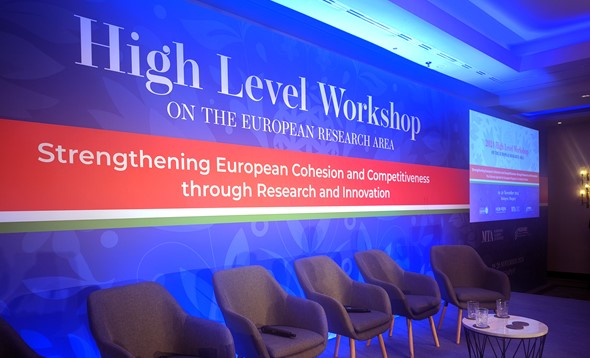Building Capacity in the Ukrainian R&I Ecosystem Webinar Series
As part of its efforts to support the Ukrainian research ecosystem during the ongoing war, Science Europe and NRFU are jointly organising three online workshops between September 2025 and February 2026 to address the current priority areas for Ukrainian research.








